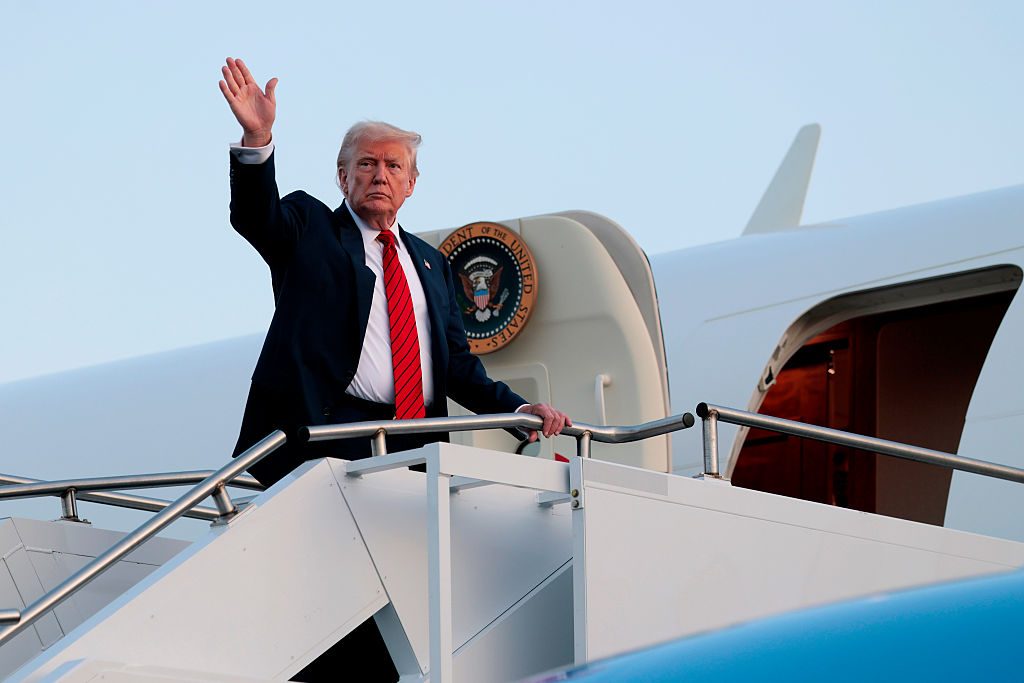Volodymyr Zelensky and his European counterparts believe that any eventual peace agreement must be protected by the deployment of ground forces to Ukraine, providing “security guarantees”. The intention is that these forces would serve as a tripwire-style deterrence against a future Russian invasion five, 10 or 15 years down the line. After reconstituting Russia’s military and economy thanks to post-war sanctions relief, Vladimir Putin or his successor might then decide to attack Ukraine. But the Russian military would have to deal with Western military forces as well as those of Kyiv.
The challenge is that European powers have been reluctant to provide these deployments without a US commitment to come to their aid if Russia were to attack their tripwire troops. It is notable, then, that President Donald Trump has told Fox News that while he isn’t willing to deploy US ground troops, he would help the Europeans “with things, especially, probably […] by air”. If Trump confirms more definitively that he would order US military air power to defend European peacekeepers against future Russian attack, it would solve the security guarantees issue.
After all, what the Europeans and Ukrainians really need is to make Putin understand that a future attack on their own forces would equate to an attack on the US military. Assuming that recently announced, if still insufficient, increases to British, French, and German defence budgets are sustained, Europe will have ground superiority over Russia within the next decade. But what the continent needs in the interim is for Russia to be fearful that it will have to wage full-scale war with the West in order to secure a future conquest of Ukraine.
That means the US Air Force’s strategic bomber unit, which is ultimately designed for nuclear strikes and deep battle space operations behind enemy lines, is of immense value in deterring Russia. The US Air Force also has multiple F-15, F-16, and F-35 fighter squadrons based in the UK, Italy, and Germany. And US carrier strike groups with dozens of F-18 and F-35 fighter jets regularly transit European waters.
The nuclear concern bears special attention here, since Russia’s military doctrine allows for the deployment of both tactical and strategic nuclear weapons in the event of territorial defence operations. And despite Putin’s claims to the contrary, he knows he would badly lose a nuclear war with the US.
This isn’t to say any US air power guarantees would be an easy fix. The US has a profound need to bolster its deterrence against China in the Pacific, particularly in terms of ready-to-deploy F-35 fighter squadrons, intelligence collection and air-to-air refueling aircraft. So, while Trump’s assurance of American air power support would solve the security guarantees conundrum, the US would have to make clear to European allies that dramatic new investments to their own air forces would also need to be immediately forthcoming. The US is continuing its long-term pivot away from Europe, and turning its attention towards China.











Join the discussion
Join like minded readers that support our journalism by becoming a paid subscriber
To join the discussion in the comments, become a paid subscriber.
Join like minded readers that support our journalism, read unlimited articles and enjoy other subscriber-only benefits.
Subscribe